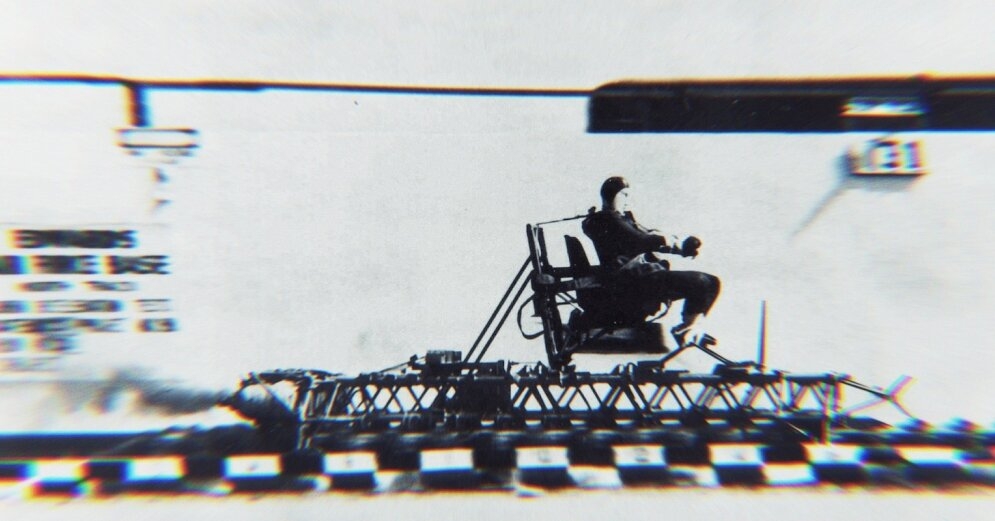If you don’t try, you won’t find out – this simple principle underlies many important discoveries. No matter how elaborate the calculations and theory are, without systematic observations and experiments to test them, often science remains “on paper.” But what if the experiments are ones whose ethical aspects and outcome have legitimate concerns that, by today’s standards, are unlikely to be allowed and on which there would be no long queues with those willing to participate? Then the guinea pigs have to get into the skin of guinea pigs, sometimes “in silence”. There are many such brave people in the history of science. In the article you will learn very briefly about some of them.
John Stap – the fastest man on earth
Much of what we know today about the ability of humans to withstand the forces acting on the body during extremely rapid acceleration and rapid stopping would not have been possible without the experiments of U.S. Air Force Colonel John Stap. Staps risked his life several dozen times, becoming the fastest man on earth for a while.
After obtaining a doctorate in biophysics, in 1944 he began serving in the armed forces as an aero-medical specialist. In the following years, Stapa’s task was not only to take care of the health of the staff, but also to actively advance the knowledge of the limits of human capabilities at the time of jet aviation, and consequently pilots had to reckon with a much heavier load on the body. was possible with propeller aircraft. Even before the series of experiments with which Staps became famous, he and his colleagues studied the problems associated with high-altitude flights, how to optimize oxygen supply systems and how to deal with the challenges of rapid decompression.
–


